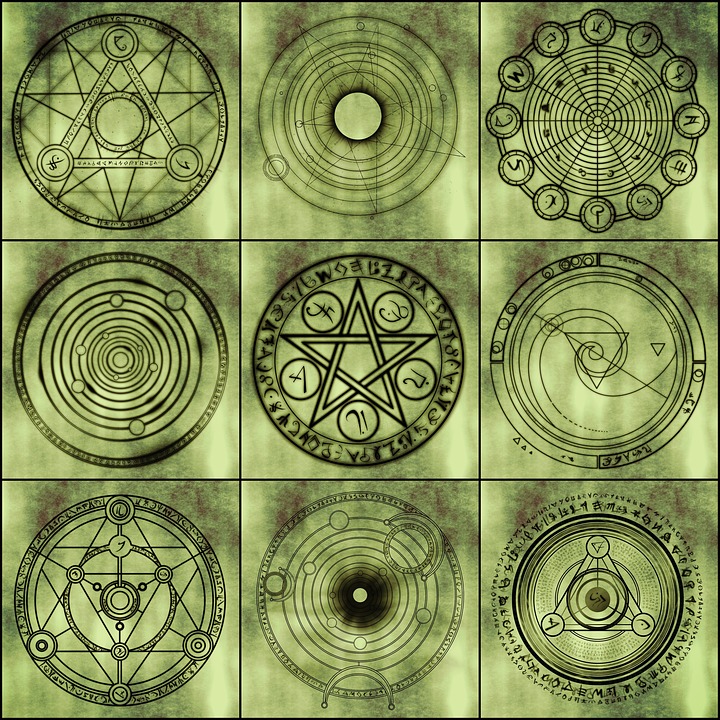Wicca: Beyond the Aesthetic
October 24, 2018
Before you read on, I must inform you of what the aforementioned article will not feature. This piece is not a work of propaganda promoting the faith, nor a doctrine condemning its convictions. Neither is such a guide to practicing the key principles of Wiccans.
The editorial’s purpose is to investigate and educate; no perceptions influenced and no tea spilt.
Countering medial belief, Wicca is not a cult, an aesthetic, nor a teenage phase, but is instead an authentic religion, established by pagan beliefs in nature and spiritual healing. A distinguished basis of Neo-paganism is a confidence that humans are not superior to earthly-beings, but practice in company of them.
Comparable to the mainstream religious goal of mass conversion, Wiccans have the ambition of causing as little destruction to Earth as possible in their lifespan.
Magick is practiced by followers, but not in the sense that media has portrayed. For the most part, they do not associate with supernatural beings, but alternately employ natural elements and human abilities to generate adequate effects.
They are described as universal peacemongers, evangelizing the philosophy “do what you will, if it harms none.”
Although Wicca is dependent on the early traditions and ethics of Witchcraft, they are not one and the same. Witchcraft is typically executed so as to enforce evil or selfish needs, with no regard for the fate of the earth. Meanwhile, Wiccans carry out spells and observances only ever for the bettering of nature and humanity.
Holidays similar to Christian celebrations are honored, however they are on different dates and commemorated with dissimilar practices. Notable holidays within the faith include Yule, Samhain, and Mabon, which honor the Winter Solstice, remembering the dead, beginning of the new year, and the autumnal equinox.
An allotment of orthodox Wiccans do join covens within their lives. These societies gather to celebrate holidays specific to the sect, and to perform magick ceremonies.
Creed morality is to not submit to a god or goddess, but to devote every aspect of your being to the environment. The lack of a supernatural higher-power translates to their modified assumptions of the afterlife. They understand that once a human body dies, the soul will be recycled unto the earth after it has emerged from a spiritual abyss, Summerland.
Summerland exists merely in the subconscious of a pagan soul, and is where the person must reflect on their past life and recover so as they can continue in their journey of reincarnation.
The essence of Wicca is not utterly condensed to mundane facts and figures, however, one person’s conclusion may not be that of another. Your research doesn’t have to end at one source, and through further inquiries, you may gain a better consideration for the Wiccan faith, and understand how their morals may apply to you.
View all that you find with your spirit and soul, for only then will you sincerely recognize the message of Wicca.
